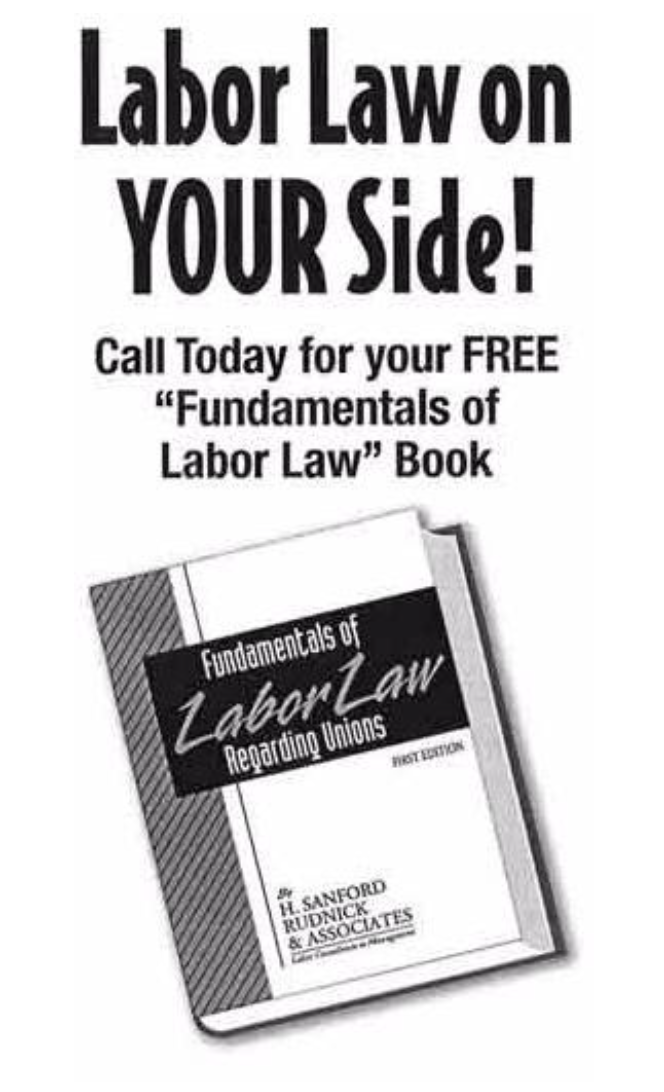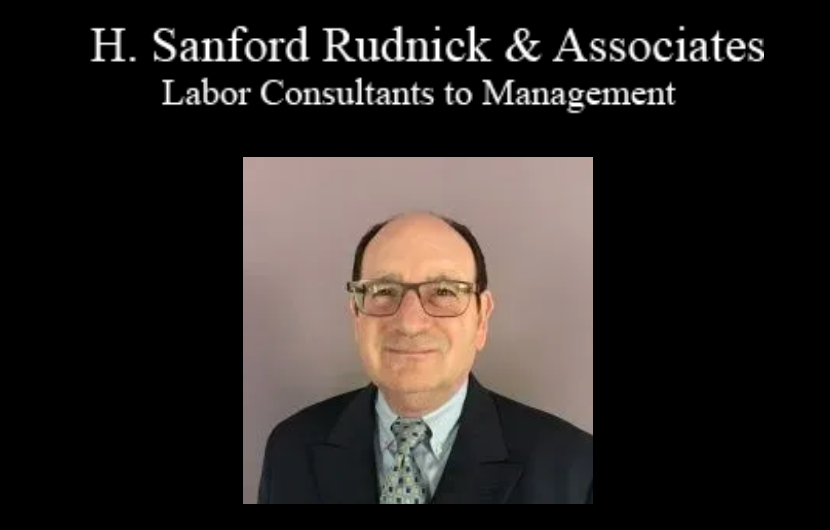FOUR TYPES OF STRIKES ARE PROTECTED UNDER THE NLRB ACT
1. An employee's right to strike is an important aspect of the right to organize but is not without limitations. Certain strikes qualify as protected activity under the National Labor Relations Act (NLRA), but not all strikes are protected. The main types of strikes covered by the NLRA are:
2(a) Unfair labor practice strikes, which protest employers' illegal activities.
2(b) Economic strikes, which may occur when there are disputes over wages or benefits.
2(c) Recognition strikes, which are intended to force employers to recognize unions.
2(d) Jurisdictional strikes, which are concerted refusals to work to affirm members' right to particular job assignments and to protest the assignment of work to another union or to unorganized employees.
3. A unionized employee's right to reinstatement after a strike ends varies based on the type of strike and the underlying reason for the strike. Employers are allowed to hire replacement workers during unfair labor practice strikes and economic strikes.
4. Economic strikers who are striking as a result of the employer's failure to reach an agreement over wages or other working conditions may be permanently replaced but cannot be terminated. Strikers who are striking as a result of an unfair labor practice cannot be permanently replaced or terminated.
5. At the end of a strike, unfair labor practice strikers are entitled to be reinstated to their former positions (even if that means the employer has to terminate replacement workers) as long as they have not participated in any misconduct. Economic strikers who offer to return to work after the employer has hired permanent replacement workers are not entitled to reinstatement. However, if they can't find equivalent employment elsewhere, they are entitled to be recalled as job openings become available.
6. Union members lose protection when they engage in strikes considered unlawful under the NLRA (e.g., sit-down strikes, strikes that endanger employer's property, strikes during cooling-off periods or strikes to force acceptance of featherbedding practices). The right to strike also may be limited by any agreements employees may have with the employer to submit disputes to arbitration for a specified period of time before striking.
7. In addition to strikes protected by the NLRA, many states also have enacted legislation regarding strikes, so it is imperative to refer to your own state laws as well as federal law.
Fundamentals of Labor Law
Sanford Rudnick has written a book called Fundamentals of Labor Law which helps Employers practice at the NLRB. He has used this book for over 40 years.
Sanford Rudnick has gotten this book into many law schools around the country such as Harvard and USC Law School.
Also, Sanford Rudnick has gotten other books on Resolution of Conflict into the Library of Congress and many other libraries around the world.
The major problem in any election or an unfair labor practice charge, is how to resolve conflict between management and your employees. In fact, according to the NLRB there is an 16% increase in unfair labor practices charges being filed by employees or unions in 2023.
Sanford Rudnick uses these principles in these books to win elections and to resolve charge at the NLRB. Call H. Sanford
Rudnick & Associates to purchase these books at
1-800-326-3046.

IF YOU NEED ASSISTANCE IN CONDUCTING AN ELECTION MEETING, PLEASE CALL:
H. Sanford Rudnick JD: 1 800-326-3046

H. Sanford Rudnick & Associates is a full-service Labor Relations firm with 40 years of experience in negotiating union contracts, NLRB matters and all human resource matters. In fact, Mr. Rudnick has written a book called "Fundamentals of Labor Law Regarding Unions" which includes a summary on the National Labor Relations Board and Unions which is at Harvard Law School Library and other law schools around the country. Call to purchase your copy at for $29.95 800.326.3046.
We step in when your business demands your attention or when the unions or the laws or rules of the any of the following threaten the success or profitability of your business.
National Labor Relations Board (NLRB)
Equal Employment Opportunity Commission (EEOC)
Employee Motivation
Wage and Hour Surveys
Union elections
Collective bargaining
negotiations
Decertifications
The need for union avoidance
Always Here to Help!
If my firm, H. Sanford Rudnick & Associates, can be of assistance to you concerning an election,
an unfair labor practice, negotiations, your unfunded pension liability
or any other human resource matter, please contact me immediately to schedule a free telephone consultation.
Respectfully,
H. Sanford Rudnick, J.D.
Labor Consultant
800.326.3046
GET IN TOUCH!
H. Sanford Rudnick and Associates
300 South 4th Street, 6th Floor,
Las Vegas, NV 89101
1717 K St. NW S900J
Washington DC 20006
745 5th Ave. 8500
NY, NY 10151
1990 No. California Blvd. S830,
Walnut Creek, Ca 94596
Direct Line - 925-256-0660
Cell Phone - 925-352-7900
Sandy Rudnick


